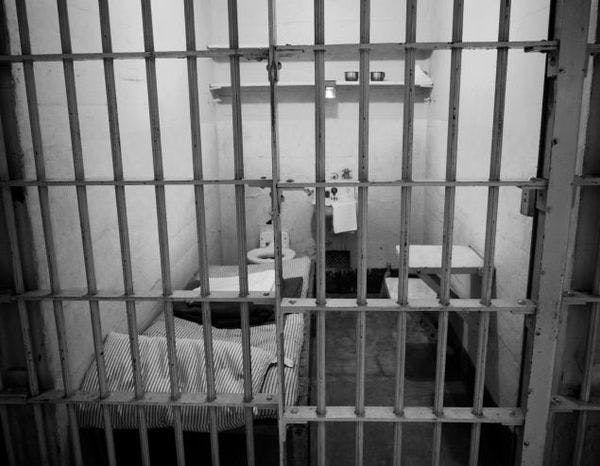Flickr CC Pepino1976
Okay, what’s the "Second Step" in the United States?
By Justin George
Months before the U.S. Senate pushed through new legislation this week that steers the federal prison system in a slightly gentler direction, liberals and conservatives debated whether the First Step Act would live up to its name. Would there be a second step, or would this be an excuse to declare “mission accomplished?”
Its passage late Tuesday was widely hailed as the most significant criminal justice reform bill in nearly a decade. Yet while the bill should reduce the sentences of at least 9,000 federal prisoners and defendants next year, few supporters would say that its impact is anything but modest within the 180,000-prisoner federal system.
But just as important as the reductions in mandatory sentences for drug crimes, long-awaited relief for inmates skipped over by a crack sentencing revision eight years ago, and millions of dollars in new prison programs, the First Step Act’s widespread support in Congress and opinion polls demonstrates an appetite for more change, according to conservatives and liberals who joined forces to pass the measure.
“There’s going to be a second step and a third step,” said Mark Holden, general counsel for Koch Industries, who leads the Koch network’s criminal justice reform efforts. “There’s a lot more to do.”
The hope is that the First Step Act could put Congress on a path paved by several states in recent years, including red bastions like Texas, Louisiana and Georgia, in an effort to make prisons less crowded and more focused on rehabilitation.
One possible next target is an array of conspiracy statutes, which can transform low-level offenses into compound felonies.
Among the narratives that helped drive support for reducing mandatory minimum sentences was the case of Alice Johnson, a grandmother given a life sentence for being part of a conspiracy that committed nonviolent drug and money-laundering crimes. In June, after the advocacy of reality-television star Kim Kardashian, President Trump issued Johnson a pardon, and her story became an argument prisoner advocates pointed to for why drug sentences needed to be reduced.
